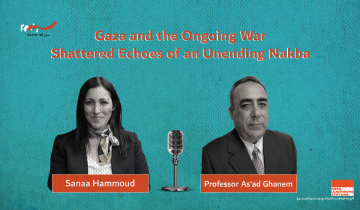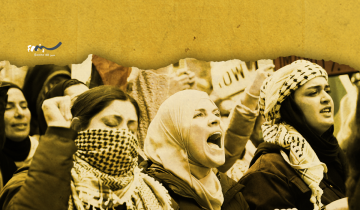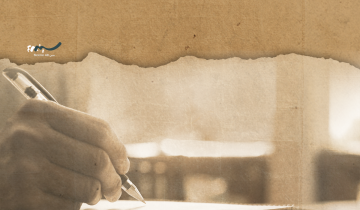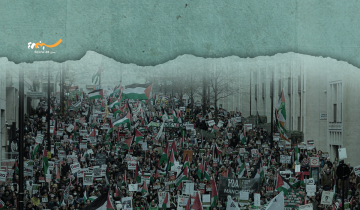It Matters to Me
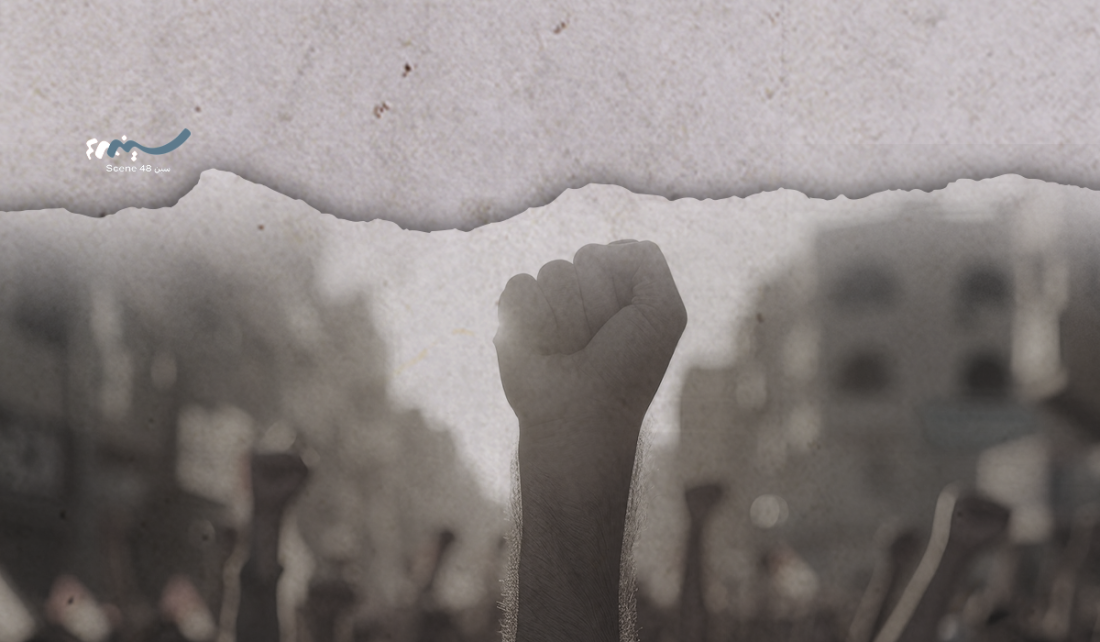
As a Palestinian living in a somewhat bourgeois exile, the existential question of where I belong and what defines my identity has been a constant for well over six decades now. I was allowed to ponder and explore, enjoy the relative privilege of open discussions and arguments along the way. I did not face excessive discrimination or want of means, and yet something essential, somehow, was always missing.
Today, well over 60% of all Palestinians live totally and forcibly exiled from their historical homes, homesteads, and ancestral lands. Distance makes the heart grow fonder on many levels. Maximalist positions have often permeated communities like mine, in Europe, the Americas, and also across the Middle East, where most exiled Palestinians live. Maximalist positions, meaning no territorial compromise, even though coexistence was usually not ruled out, were the order of the day until Oslo came, separating pragmatists from idealists.
In the twenty-two years since Oslo, “choices” have disappeared, and a new reality has dawned on me and many of those like me. “What is it that we want?” is the question, closely followed by, “what is the path that will take us there?”
The discussion of two states, one state, no state, has increasingly become less theoretical and more concrete. In the past eighteen-plus months, the futility of both ‘peace talks’ without being equal partners and ‘armed resistance”, without equal capabilities, has become crystal clear.
In a state of war without the option of peace, the only possible option seems steadfastness, solidarity, and regrouping. In the face of genocide, ethnic cleansing and more large-scaled expulsion, exile, torture, rape and destruction –the only immediate options are protest, writing, documenting, shouting, trying to get aid in, elevating the voices of the victims – don’t stop talking about Palestine!
But that is the short-term strategy, beyond this – there has to be – there must be a wider more comprehensive discussion that begs the question—what is that we want in the future?
Since the ethnic cleansing and genocide in Gaza began, an ever-growing number of Palestinians in exile, oblivious to varying degrees of their heritage in the past, have found that their sense of belonging and identity has crystalized.
The scale of the carnage is so large and visibly brutal, the amount of documentation so extensive, the cries so loud, that they, in their exiled slumber have awoken to their own peoples suffering like no one in generations past.
Despite massive repression, in the West in particular, and intimidation in much of the Arab World, Palestinians worldwide have learned, as a kind of force majeure, to begin organizing, strategizing, and forming new coalitions and networks.
Masses Have No Power?
The largest mass-protests since the Vietnam war hit the streets of Europe, America, Asia and parts of Africa for an end to the war on Gaza, and yes, a Free Palestine. The Palestine protests like the ones to end the war on Vietnam were suppressed, denounced and often derailed; their participants beaten, ostracized, fired, and on occasion shot and killed.
Under the dark clouds that cover Palestine today, it seems utterly hopeless.
Many warn that with the Orwellian technology of today, we have “no chance” of ever raising our heads again, either with pride or even just to breathe. But these were the exact same thoughts that the people of wartime Japan had after the atomic bomb was dropped on two of their cities; it must have been the thoughts of the concentration camp inmates during WWII and the peoples of apartheid South Africa before the dawn.
Palestinians have looked either to the West or their faithful brethren since I remember, but neither have been of any consequential help, and sometimes they have been participants and willing executioners. Over the past year and a half, new supporters and coalitions have emerged and grown, in South Asia, in South America, in the alternative West, in Ireland, Norway, Spain, and of course in South Africa. A battered and brutalized Arab world has spoken, despite their own abandonment and destitution, in support of Palestine. All this is promising and gives hope. But how to capitalize is the question.
Again, and again, the questions come to me: what is the goal – what do I want – what do we want, and, how do we get there? It’s really basic and it’s not rocket science.
It’s easy to speak from a distance, I know, but sometimes it’s also easier to see the big picture from a distance. Endurance, persistence, determination, are not options; they are the only way forward. Surrender to the horrors of the fascist, racist reality around us cannot be what we leave to the children of today and tomorrow.
The only conclusion? Look inwards, look elsewhere, be focused, be determined, be strategic, don’t leave your fate in the hands of others, be united in your vision, and most of all don’t lose sight of your goal.
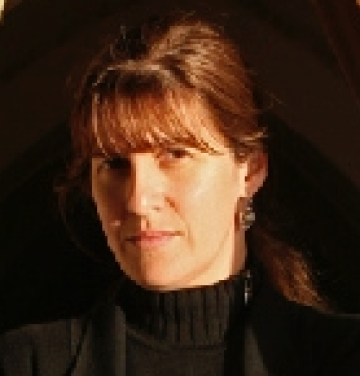
Mariam M. Shahin
She has been working as a writer and filmmaker for four decades.
Based between Jordan and the Gulf, she is the author of Palestine: A Guide, an exploration of the homeland written with the exiled community in mind.
